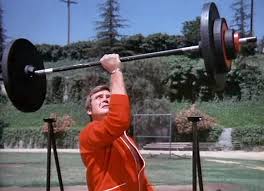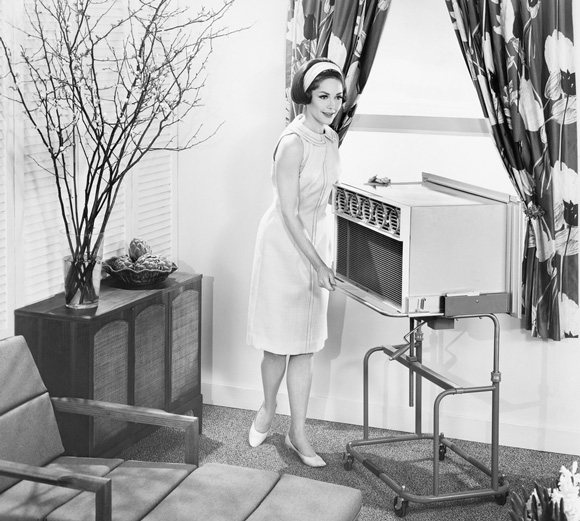Someday the only complaint people will have about athletes using PEDs back in the day will be that the methods were shockingly crude. Limbs will eventually be aided by exoskeletons and tissue engineering. The former will likely be available on a fairly sophisticated level in our time, the latter in a future one. A segment from Susannah Locke’s Vox post about tomorrow’s bionic technology:
“Steroids are nothing compared to what’s coming
The military could possibly use the tissue-engineering approach to someday develop strong supersoldiers. ‘It would be figuring out a way to get our normal ability to grow muscle cells and tissues to be even better. So you would introduce stem cells that would help the muscles grow.’
This may, however, be a ways off. ‘I won’t be around to see it,’ [University of Pennsylvania ethicist Jonathan] Moreno says. ‘But I think in 30, 40, 50 years there will be some of that. And the junk that our athletes take now to grow muscle mass and so forth, that’s going to be prehistoric. I really think that tissues will be the way to go.’
‘That’s going to start mostly with tissues for therapeutic purposes, not for enhancement. You’ve got the tissue engineers and the people working with these new induced pluripotent stem cells and things like that, are trying to find alternatives to organ transplants. And eventually I have no doubt that people will find that there are some ways of using programs like that to build muscle.'”



